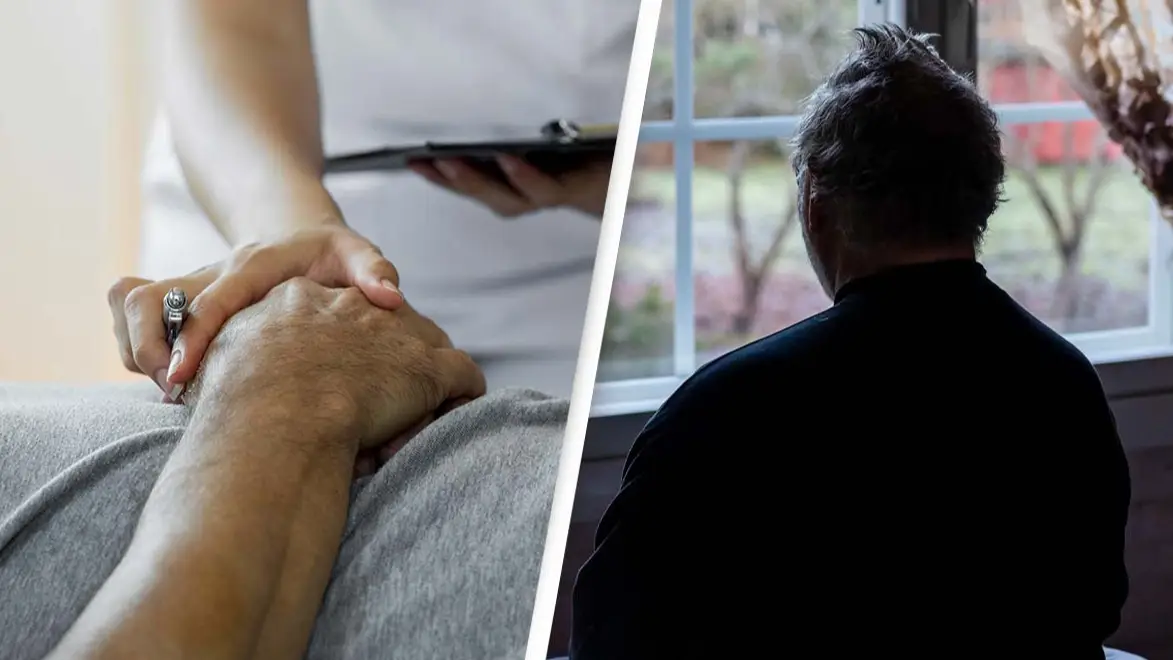
Doctors and end-of-life nurses have identified a common phenomenon occurring to patients one or two days before they pass away.
After taking care of several people in their final weeks, US nurse Ruby Gramlow is determined to help spread awareness about what happens when someone dies, as well as support not just her patients but their loved ones through this difficult, last stage of life.
Gramlow works for an independent, nonprofit hospice named Hospice of the Red River Valley (HRRV), which has facilities across more than 50 counties in North Dakota and Minnesota.
In a blog post for HHRV, she’s given some advice on how family members and friends can accompany their loved ones right before they pass, also sharing one thing that happens shortly before death.
Advert

The nurse reiterated it is crucial to just ‘be present’ for your loved one in their final days.
“Most importantly, being present with your loved one - even if you don’t know what to say or if you aren’t sharing the same experience - can be meaningful and create a sense of comfort and calm for the person,” she wrote.
She then encouraged people to have their loved ones listen to special songs or reminisce over old memories, and have conversations to get everything off your chest while you can.
Having seen several people die in her line of work, Gramlow reflected on an unexpected energy boost some patients can experience right before they pass, and urged people not to mistake this for a sign of improvement.
"You might have witnessed this surge of life yourself while attending to a loved one,” she wrote.
"This surge of energy is usually short, lasting anywhere from a few minutes to several hours, and may occur one to two days prior to death,” she added.
"This is unique to each person, and not everyone will experience such a noticeable burst of energy.”
"This energy spike may involve surge in their appetite, wakefulness, communication that can last "from a few minutes to several hours, and may occur one to two days prior to death."
In those with Alzheimer's or other forms of dementia, it's also known as terminal lucidity, a short period of time where patients suddenly regain their memories and personalities just before death.

Gramlow acknowledged that interpreting this as a positive indication is understandable, though it’s better to be prepared for what comes next.
“This time can be often misinterpreted by loved ones as a recovery and that the patient is getting better,” she wrote.
"It can be difficult for families and caregivers to acknowledge and understand these sudden changes as anything but signs of recovery. No one wants to lose someone they love,” she continued.
"But it’s important the family understands what the patient is experiencing, so they can prepare themselves and the patient for what is to come."
If you have experienced a bereavement and would like to speak with someone in confidence, contact Cruse Bereavement Care via their national helpline on 0808 808 1677.
